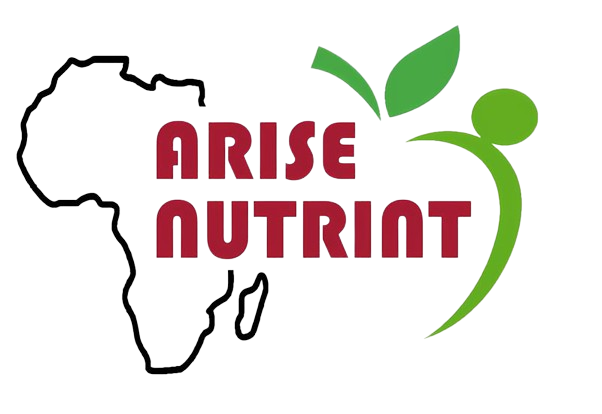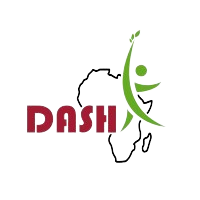A comprehensive health and nutrition program for adolescents in school in Tanzania (COMPASS Project)
Principal Investigator: Wafaie Fawzi
The overarching aim of this study is to address the double burden of malnutrition and food insecurity among school-going young adolescents in Tanzania, aged 13-15 years. We are conducting the design of intervention through human-centered design (HCD) approach, comprised of a design phase and a prototype or pilot-test phase. During the design phase, we co-created the intervention activities with adolescents, teachers, parents, food vendors, school leaders, and representatives from non-governmental organizations in Tanzania. The intervention package includes whole-school activities such as a health and nutrition committee and a health and nutrition policy, group-level activities, such as classroom nutrition and physical activity education, nutrition clubs, and a text messaging component, and individual level problem-solving and referral services.
Currently, we are in the pilot-test phase of the study, implementing it in two schools in Tanzania, to test the acceptability and appropriateness of the program activities by the school community, and the feasibility of implementing the same activities by selected trained teachers. This will help us improve the program and prepare it for implementation at a large scale in Tanzania.
ARISE Adolescent Health Survey: harnessing longitudinal data and digital technologies to improve adolescent health across sub-Saharan Africa
Principal Investigator: Wafaie Fawzi
The major goals of this project are to develop and implement longitudinally an instrument to collect key adolescent health indicators across diverse settings in sub-Saharan Africa (SSA). Within this framework, the project will also pilot novel ways of engaging adolescents using digital technologies, to facilitate high-quality data collection and reduce costs. This project will establish a framework for longitudinal data collection in adolescents across sites in seven countries to track changes in key adolescent health indicators and anemia status over time and inform interventions to improve adolescent health across SSA
Designing a digital education platform to address malnutrition and food insecurity among adolescents in Tanzania (Motsepe Project)
Principal Investigator: Wafaie Fawzi
The major goals of this project are to develop a digital nutrition platform to address the double burden of malnutrition and food insecurity among adolescents in Tanzania. Using theoretical underpinnings, the intervention development will address three core areas of action, including access to information, skills development, and creating an environment to support behavior change. A variety of core interventions will be implemented for all stakeholders and targeted activities for at risk adolescents and their parents. An intervention development taskforce comprising a range of stakeholders including students, school leaders, teachers, and parents will create this digital intervention based on human-centered design principles. Through a series of designing workshops, we will create an intervention that is valuable to all stakeholders as well as feasible. An innovative nutrition intervention powered by digital technology will benefit adolescents in Tanzania and other developing countries.
Scaling-up high-impact micronutrient supplementation interventions to improve adolescents’ nutrition and health in Tanzania and Burkina Faso (SAMIA)
Principal Investigator: Wafaie Fawzi
This study aims to implement and evaluate school-based micronutrient supplementation and educational interventions to improve adolescent nutrition, health, and education in Tanzania and Burkina Faso. Using a cluster randomized trial, the study will evaluate a scalable school-based micronutrient supplementation and education program for boys and girls enrolled in secondary school, comparing effects of weekly iron and folic acid (IFA) vs control or daily multiple micronutrient supplements (MMS) vs control on anemia status, school attendance/performance, adolescent development outcomes and micronutrient status. Findings from this study will clarify the optimal supplementation strategy (iron and folic acid alone or adding other essential nutrients) and provide a basis for scale up of national school-based micronutrient supplementation programs to benefit the adolescent population as a whole in Tanzania and Burkina Faso. The study is currently in its last phase.

Reducing nutrition-related risks of non-communicable diseases in adolescence and youth: From nutrition literacy to fluency (NUTRINT)
Principal Investigator (at Harvard Chan): Wafaie Fawzi
The major goals of this project are to establish a global alliance to prevent and reduce nutrition-related NCDs among adolescents and youth in the wider SSA region, by promoting nutrition literacy and fluency among adolescents, youth, and the wider communities, by assessing the impact and performance of nutrition-related policies and promotion programs, and by providing flexible, cost-effective, scalable, reliable, secure and easy-to-use tools.

Design and Evaluation of Adolescent Health in Sub-Saharan Africa (DASH)
Principal Investigator (at Harvard Chan): Wafaie Fawzi
The major goals of this project are to boost adolescent health in Sub-Saharan Africa through rigorous population-based intervention and policy research. This will be accomplished through the efficient collection and use of relevant adolescent health data, and the employment of robust quantitative and qualitative methods with local domain-specific expert knowledge on the health domains nutrition & physical activity, sexual & reproductive health, and mental health & violence. In addition to the research plan, DASH also focuses on strengthening capacity and networking across Sub Saharan Africa, with a range of activities planned over the five-year project period.



